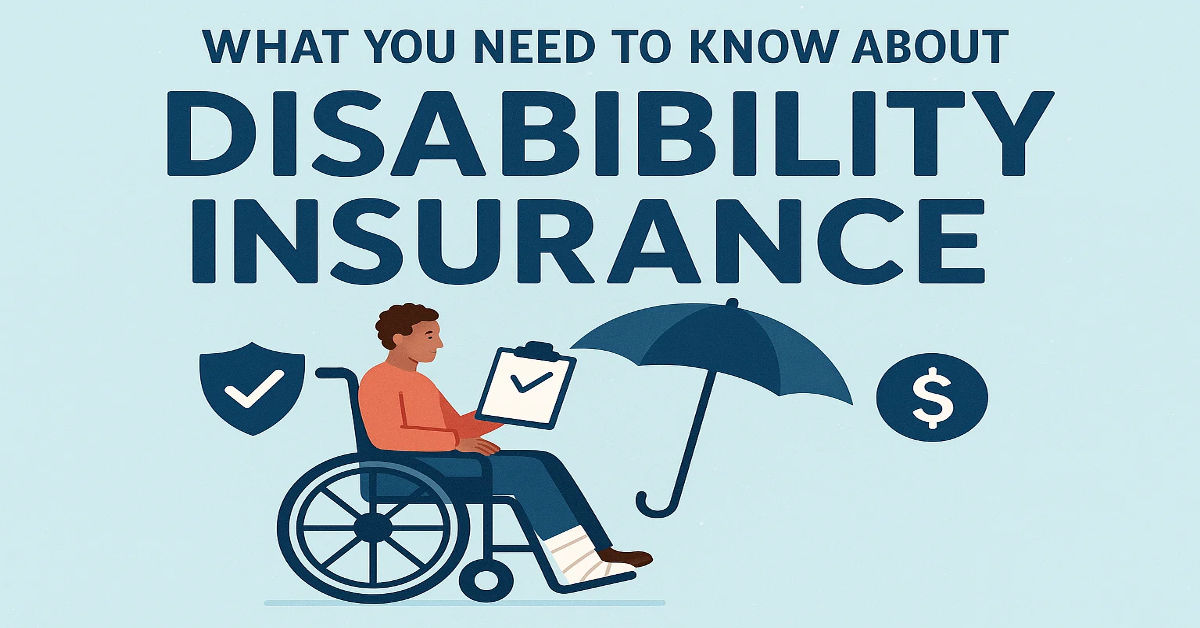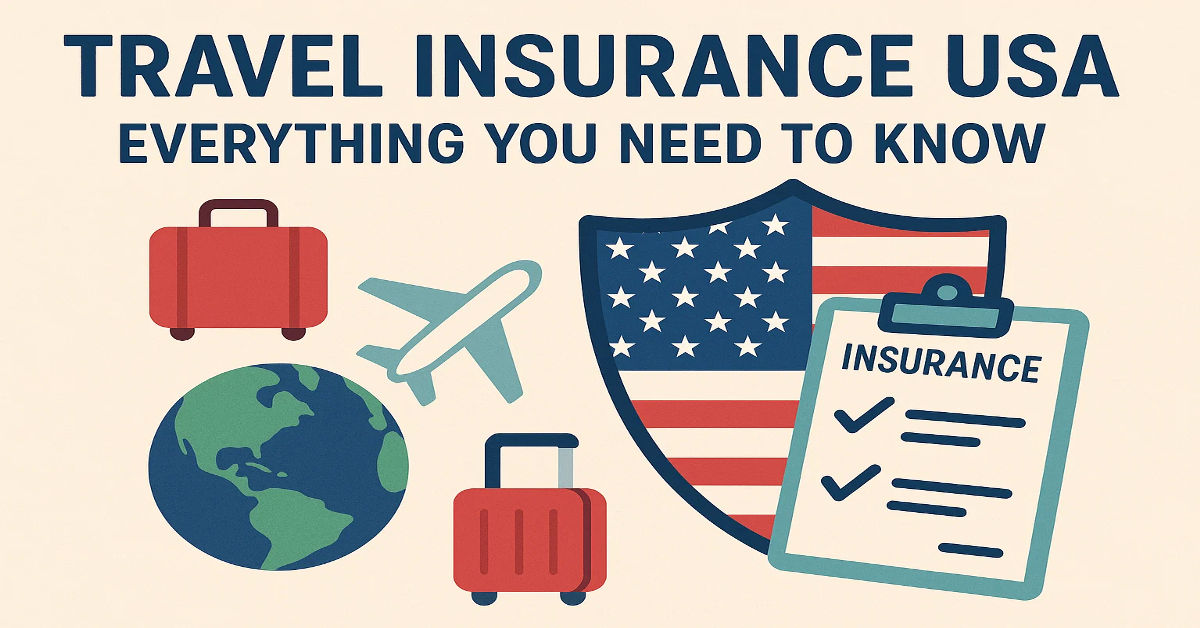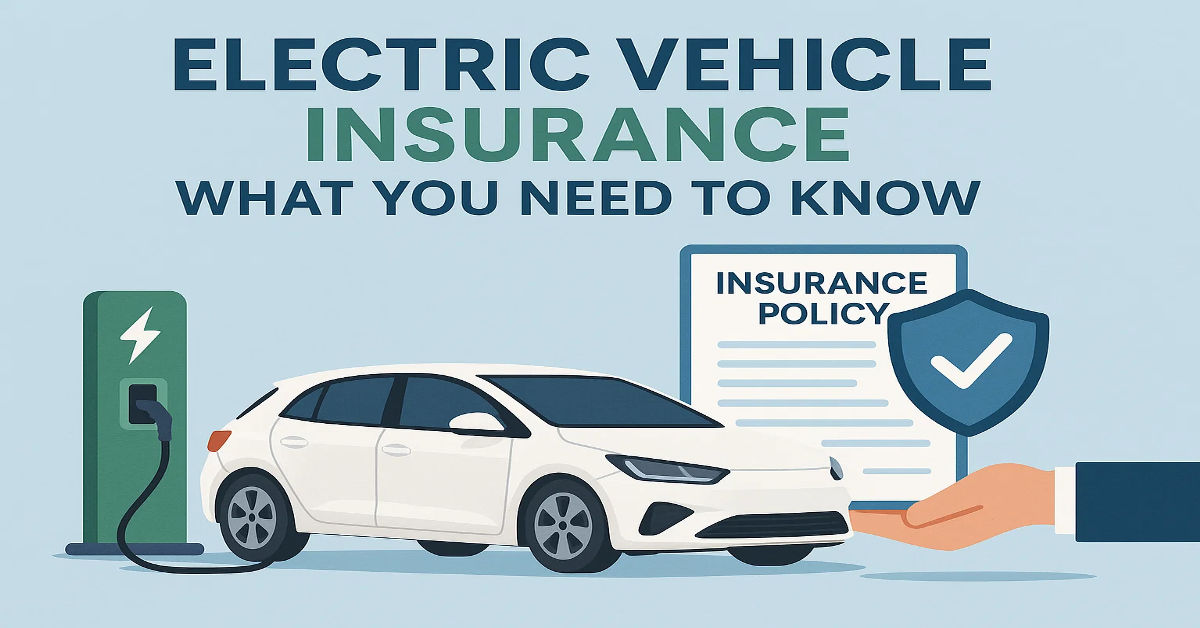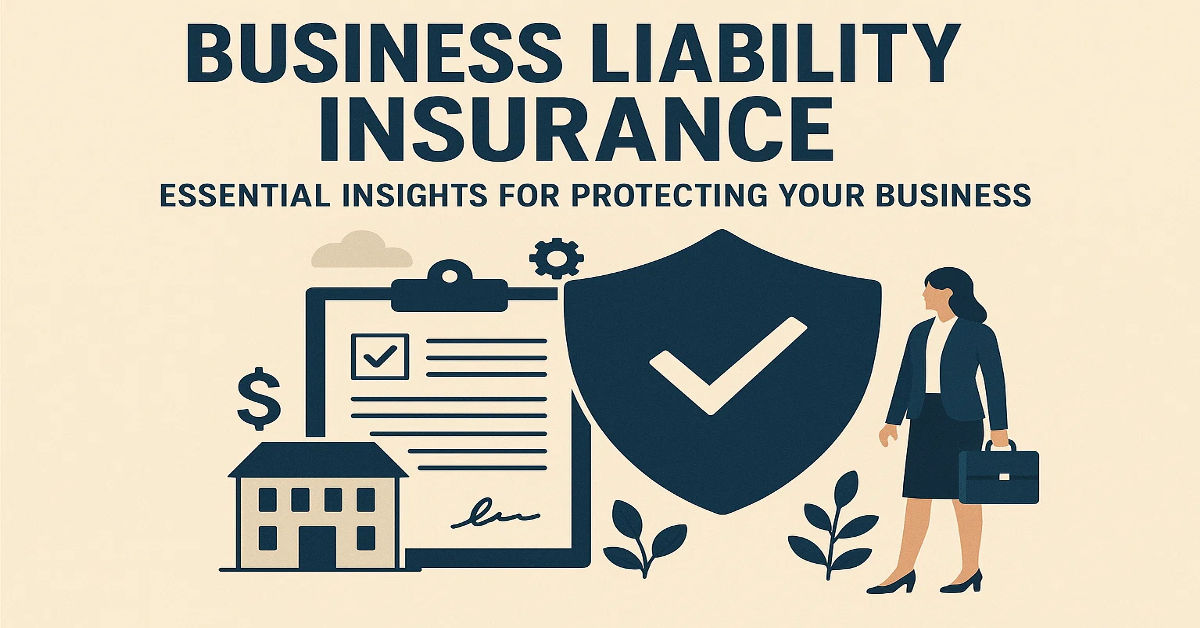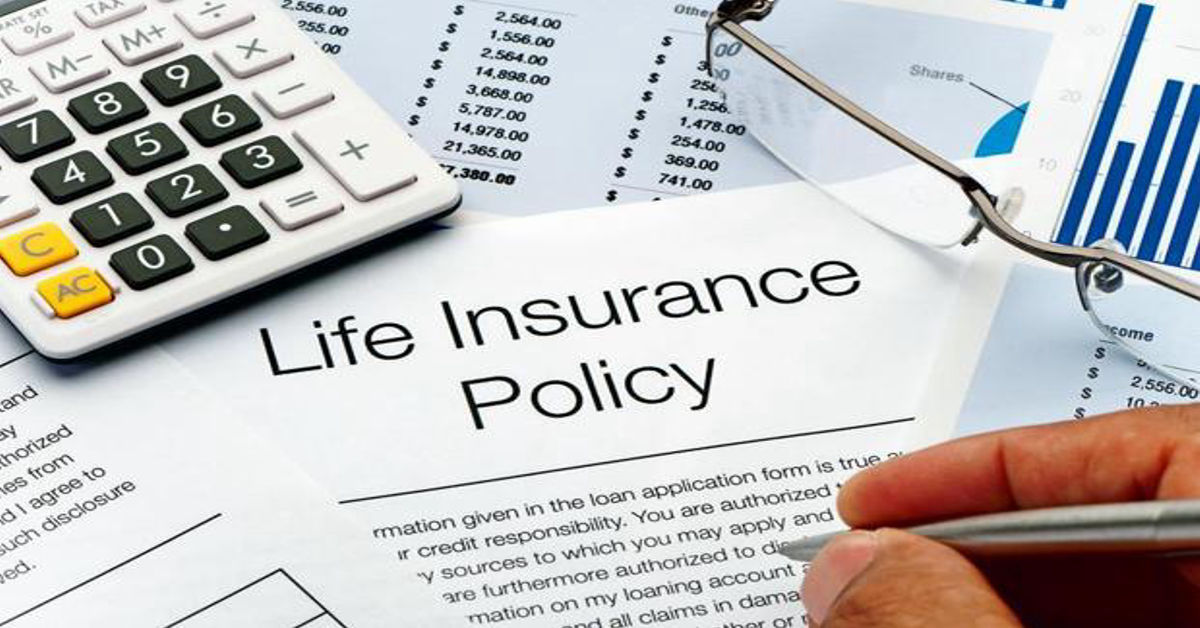
Car insurance is an essential expense for drivers everywhere, but it doesn’t have to break the bank. Affordable car insurance not only saves you money but also ensures you’re still protected on the road. From discounts to smart strategies, there are countless ways to lower premiums and get the coverage you need without overpaying.
This guide will help you understand why cheap car insurance is essential, offer practical tips to reduce costs, and explain the benefits of comparing quotes.
Why Affordable Car Insurance Matters
Car insurance is legally required in most states, but the cost of coverage can vary significantly. Paying too much for insurance can strain your budget, leaving less for other priorities like saving for a vacation or tackling debt.
Affordable car insurance ensures that you:
- Meet legal requirements without overspending
- Stay financially secure in case of an accident, theft, or damage
- Free up money for savings, emergencies, or other important expenses
While “cheap” doesn’t always mean the bare minimum, understanding how to find affordable yet sufficient coverage is critical.
Tips for Reducing Car Insurance Costs
Lowering car insurance costs doesn’t have to be complicated. By implementing a few smart strategies, you can enjoy cheap car insurance and significant savings without cutting corners. Here are some practical tips to help you reduce your premiums:
1. Maintain a Clean Driving Record
Your driving history is one of the biggest factors insurers consider when calculating your premium. Accidents, traffic violations, and speeding tickets signal higher risk, which means higher rates.
- Tip: Follow all traffic laws, and consider defensive driving courses to improve your skills and qualify for potential rate reductions.
2. Compare Quotes from Multiple Providers
Insurance companies offer different rates for the same coverage. Shopping around can save you hundreds of dollars annually.
- Tip: Use online comparison tools to quickly view rates from multiple insurers.
- Pro Tip: Check reviews and ratings to ensure the insurer is reputable, even if their rates are lower than competitors.
3. Increase Your Deductible
A higher deductible means you’ll pay more out-of-pocket if you file a claim, but it often results in lower monthly premiums.
- Example: Increasing your deductible from $500 to $1,000 can lower your premium by up to 20%, depending on the insurer.
4. Take Advantage of Discounts
Many insurance providers offer discounts for various reasons. You could save based on your age, driving behavior, affiliations, or policies you already hold.
- Look for these discounts:
- Good driver discounts
- Safe car discounts (for features like anti-lock brakes)
- Bundling home and auto insurance
- Low mileage discounts
5. Bundle Policies
Combining your car insurance with other policies (like home or renters’ insurance) often results in a discount. Bundling simplifies managing your policies while saving you money.
- Tip: Ask insurers about bundle options and potential savings.
6. Pay Annually Instead of Monthly
Paying for your insurance upfront as a lump sum can sometimes result in a discount. Many insurers charge extra fees for monthly payments to cover administrative costs.
- Tip: If possible, set aside money throughout the year to pay annually and save.
7. Choose the Right Coverage for Your Needs
Opt for coverage that fits your driving habits and vehicle. For instance, if you have an older car, you might not need comprehensive and collision coverage.
- Tip: Assess your car’s worth before adding unnecessary policies.
8. Improve Your Credit Score
Many insurers use credit scores when determining premiums. A higher credit score can lead to lower rates.
- Tip: Pay off debts, reduce credit card usage, and review your credit report for errors to improve your score.
9. Reduce Optional Add-ons
While extras like roadside assistance or rental car coverage are convenient, they may not always be necessary.
- Tip: Review your coverage and remove any add-ons that don’t provide significant value to you.
10. Consider Usage-Based Programs
Some insurers now offer usage-based insurance (UBI) programs that track your driving habits through an app or device. Safe drivers can earn lower premiums through these programs.
- Tip: If you drive infrequently or have safe driving habits, UBI can be an excellent money-saver.
The Power of Comparing Quotes
One of the simplest yet most effective ways to save money on car insurance is by comparing quotes. With so many providers offering discounts and promotional rates, you might miss big savings if you choose the first policy you come across.
Benefits of Comparing Quotes
- Identify the Best Deal – Get coverage that matches your needs at the lowest rate.
- Access Discounts – Some insurers have exclusive discounts that you can only discover by shopping around.
- Evaluate Coverage – Certain policies may offer better perks for slightly higher rates—comparison shopping ensures you make informed decisions.
- Avoid Overpayment – Save hundreds rather than sticking with auto-renewal pricing from your current insurer.
How to Compare Quotes Effectively
- Use online comparison websites for convenience.
- Request detailed quotes that outline premiums, deductibles, and covered events.
- Review each insurer’s reputation to avoid hidden fees or poor customer service.
The Long-Term Benefits of Affordable Insurance
Investing time in finding car insurance pays off in the long run. Beyond the immediate savings, you’ll enjoy benefits like peace of mind and financial security.
- Securing Protection: Coverage can save you from out-of-pocket expenses after accidents.
- Building Financial Stability: Lower premiums mean more room in your budget for future goals.
Additionally, staying proactive about your coverage ensures you adapt to lifestyle changes. For instance, driving less after starting remote work may qualify you for a lower rate.
Final Thoughts and Next Steps
With the right approach, you can find a policy that fits both your budget and your needs. Cheap car insurance doesn’t mean sacrificing quality.
Start Saving Today:
- Compare quotes from reliable providers.
- Ask about discounts suited to your situation.
- Review your current policy and adjust coverage or deductibles as needed.
- Focus on good driving habits to maintain a clean record.
The sooner you evaluate your options, the faster you’ll start saving. Don’t wait take control of your car insurance costs today!
Frequently Asked Questions
1. How can I find the best rates on car insurance?
The key is to shop around. Get quotes from multiple insurance companies, compare coverage options, and don’t be afraid to ask about discounts. Online comparison tools make this really easy, and a little time spent researching can save you a lot in the long run.
2. What factors affect my car insurance premium?
Insurers look at lots of details, including your driving record, age, location, type of car, how much you drive, and even your credit score in many states. Generally, safe drivers with reliable cars and good credit scores tend to see the lowest rates.
3. Does choosing cheap insurance mean I’ll have bad coverage?
Not at all! “Cheap” just means you’re getting the best rate for the coverage you need. Always check what’s included in the policy. Make sure you’re not sacrificing important protection just to save a few bucks—balance cost with the right amount of coverage for your situation.
4. Are there easy ways to lower my car insurance costs?
Absolutely. Maintain a clean driving record, bundle your policies (like auto and home), increase your deductible if you’re able, and take advantage of any special discounts your insurer offers such as safe driver or low-mileage rewards.
5. How often should I shop for new car insurance?
It’s a smart move to check your options every year, or whenever you experience a major life change (like moving, getting married, or buying a new car). Even if you’re happy with your current insurer, it never hurts to see if you can get an even better deal elsewhere.
6. Can I switch insurers if I find a better price?
Yes! You’re not locked in forever. Just make sure you have your new policy active before you cancel your old one. This way, you avoid any coverage gaps and keep your peace of mind on the road.
Still have questions? Don’t hesitate to reach out to insurance providers directly they’re used to answering questions and can help you find the most comfortable fit for your needs. Remember, being proactive can lead to serious savings and better protection for you and your car!


